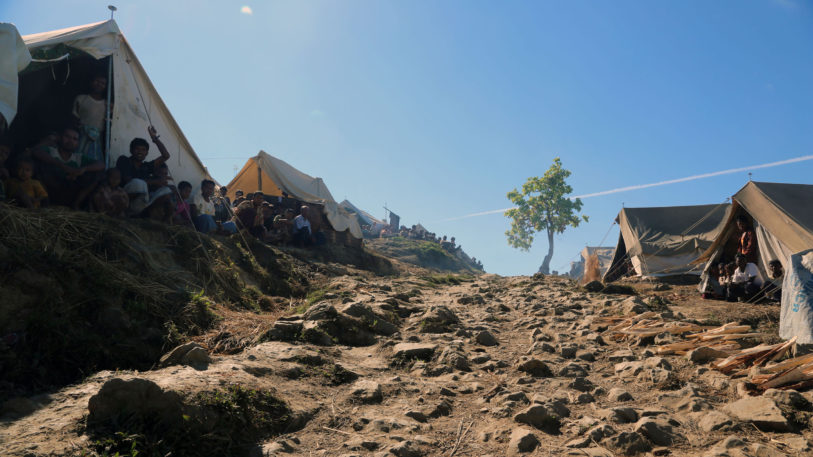The Sustainable use of natural resources and energy in the refugee context project is the first agroforestry project for refugees by the World Agroforestry Centre. The project aims to develop agroforestry models for tree products to meet the growing energy and construction needs of Ugandan refugees and locals, as inhabitants require fuel for cooking and materials to build shelter as a means to survive. Outcomes of the project showed that agroforestry can be implemented quickly and effectively during humanitarian crises by distributing seedlings to refugees and farmers. Plant species awareness raising is also essential to the effort to ensure locals are knowledgeable of what trees they should harvest for their own needs, and which to leave untouched to best benefit soil and water retention. Agroforestry training sessions are held in the host communities to educate refugees and farmers on plant care and harvesting. The project showcases how an environmental focus can contribute to flow-on job opportunities and foster social cohesion within communities. The pilot was well received and can be used as an example of best practice for mainstreaming environment in humanitarian action.
Visit the project’s website here.
